What we learnt from our first ever Equality, Diversity and Inclusion summit
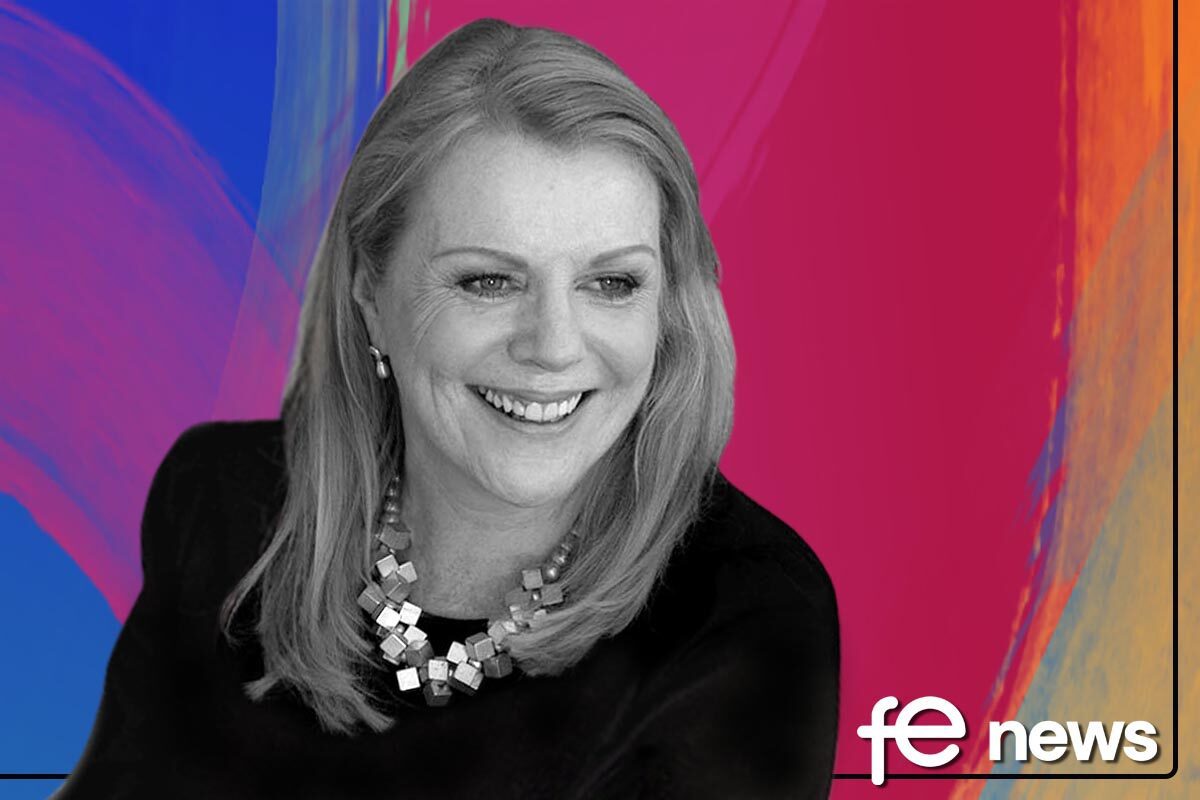
Social value in the workplace is now more relevant and more prominent than ever. Learners and employees expect – and deserve – safe and inclusive learning and workplaces that also reflect the communities they live in. Equality, diversity and inclusion (EDI) is not something that is ‘nice to have’ but rather a fundamental way in which we can build stronger, more effective workplaces. That’s why last month, AELP held its first ever EDI summit, kindly sponsored by the Education and Training Foundation (ETF) and expertly chaired by entrepreneur Tim Campbell MBE. A conference which had been a long time in the planning, and which did not disappoint.
We had a fantastic set of thought-provoking keynote speakers, who shared with us the range of their professional and lived experiences. I know from the feedback we had that everybody who attended got a lot out of the day. I want to share with you three key things I took away from the day.
1. There is a real appetite to get this right
It should not come as a surprise that our sector has embraced EDI. We work on the basis that everybody, whatever their background, should have opportunity to reach their full potential. This landmark event for AELP proved to us all that there’s been a real sea change when it comes to the desire for the work of skills to get this right. Organisations across the sector are recognising the importance of understanding, and acting within, a set of social values. In itself, the fact we had over a hundred people from various parts of the skills sector willing to spend a day discussing EDI in depth speaks volumes.
2. The skills sector is making significant progress, but we still have further to go
One of the most positive parts of the event was to hear what employers are already doing to deliver equality, inclusivity and diversity. We heard Holly Cregan give great examples of what the GRAHAM Group are doing to embed EDI processes to ensure they’re able to attract more women, ethnic minorities, LGBTQ+ and disabled people to their organisation than the national average for their sector. We also heard about the work Oldham Council have carried out with WorldSkills UK to overcome barriers faced by learners from underrepresented backgrounds.
The positive mood during and following our summit and the very lively debates shone a light on the fact that, although we are making progress, there is still more work to do. We will need to think carefully about what we can do as both employers and providers of services to ensure everybody’s talents are unlocked. For example, Anju Virdee from ETF outlined in her session some of the huge challenges we need to overcome. Most notably, males still outnumber females by 9:1 in STEM related apprenticeships, and if you are black, in receipt of free school meals or have a special educational need or disability you’re more likely to be excluded from school and be predicted lower grades.
Reversing some of these problems will need not be easy, but we must not shy away from difficult discussions and be brave in making decisions that lead to positive changes. As Bilal Harry Khan pointed out in his session on inclusion, we must understand how to be comfortable with the uncomfortable.
3. AELP want to show strong leadership on EDI
EDI is really close to my heart and I’ve been determined to work closely with AELP staff to up our game in this area. We’ve made some progress, but I will be pushing for us to go further to ensure we get it right. Soon we will be taking the next steps in our work with the National Centre for Diversity (NCfD) to achieve their ‘Investors in Diversity’ award – a nationally recognised accreditation that recognises excellence. It means a lot to us that we deliver on our promise to become ‘Investors in Diversity’ accredited.
The next part of that process is to ask our employees, members and external stakeholders for feedback on how we’re doing. This will enable the NCfD to assess our strengths as well as areas for development, and whether we meet the level required to be recognised as a fair, equal and inclusive organisation under the ‘Investors in Diversity’ standard. AELP members can complete the survey here, and non-AELP members who are interested in our work can take part here. All responses will be stored and managed completely anonymously.
EDI isn’t a fad, or an agenda that will disappear. It is an area of work which constantly needs to be both embedded in our daily lives and prioritised throughout our respective organisations. I hope that our recent EDI summit shows it’s right at the top of our agenda at AELP.

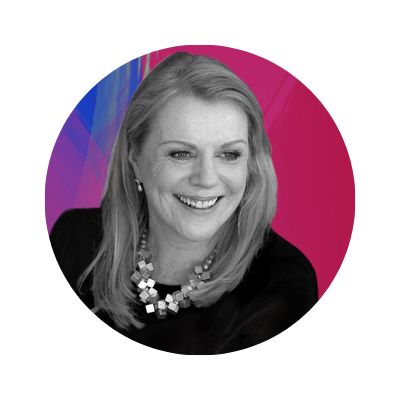


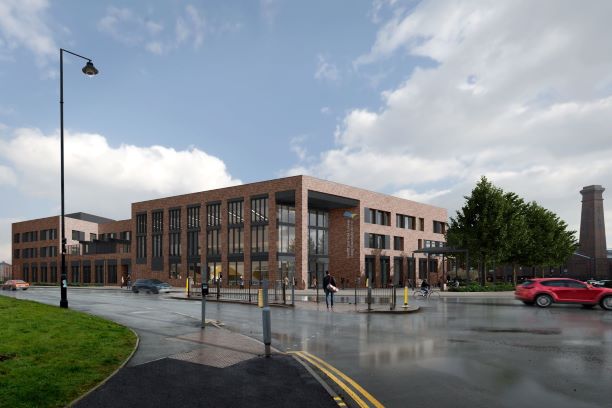


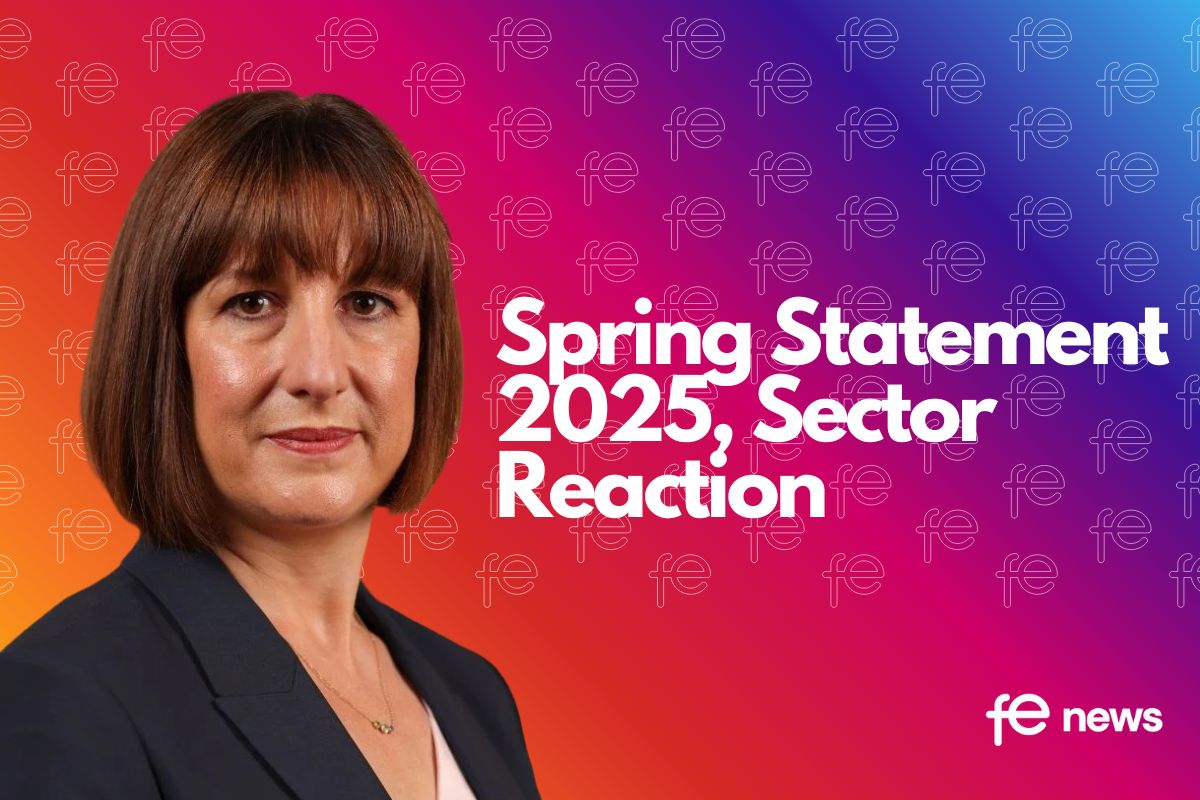
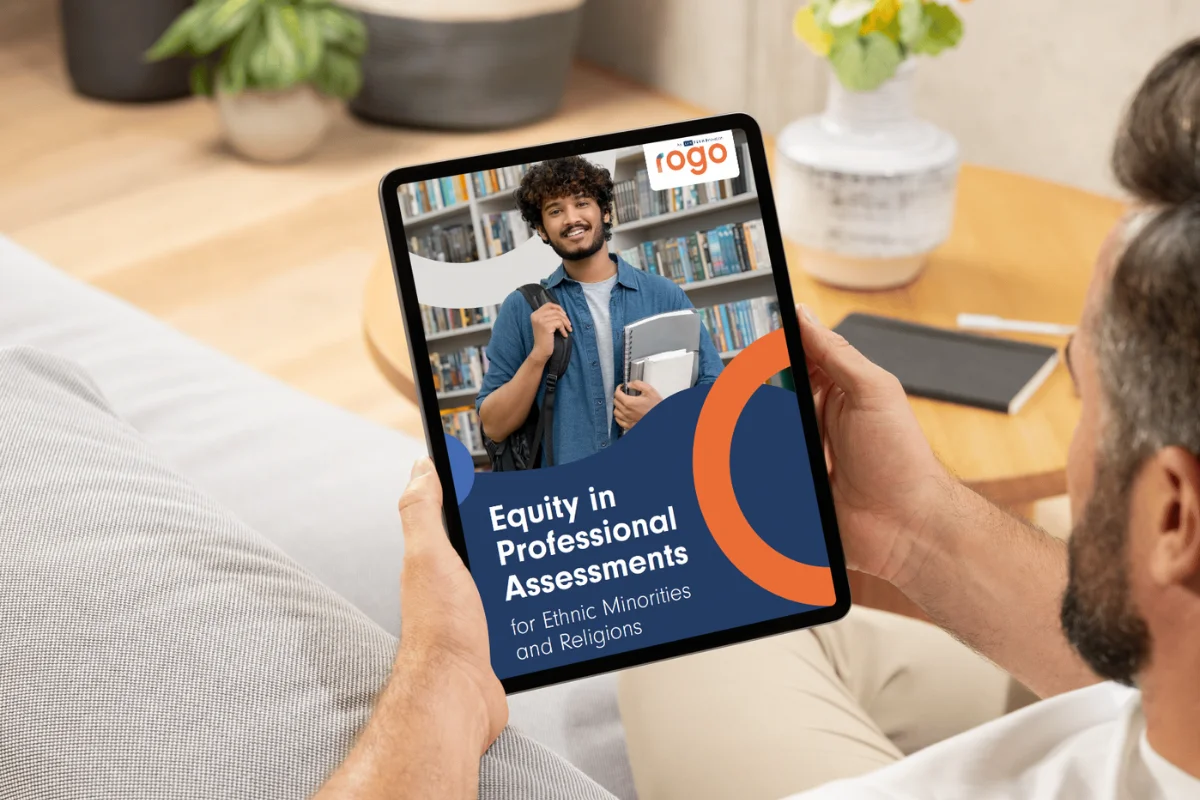
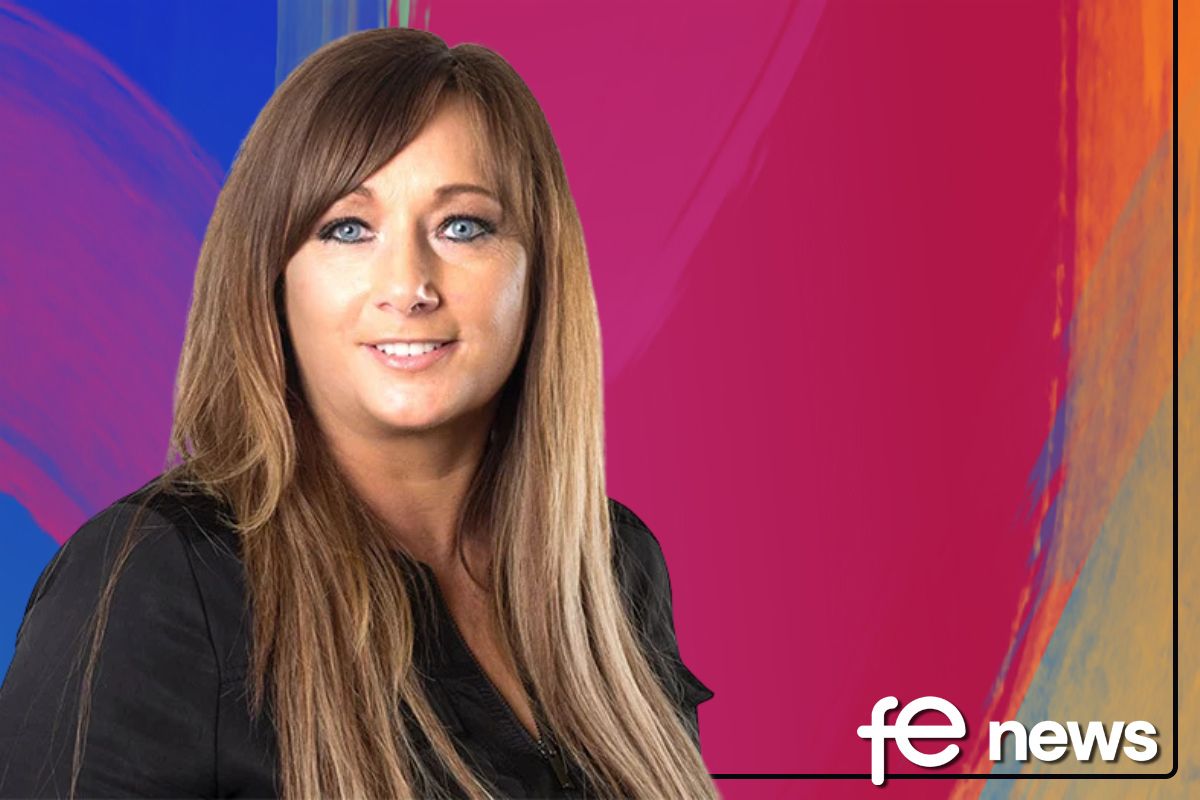
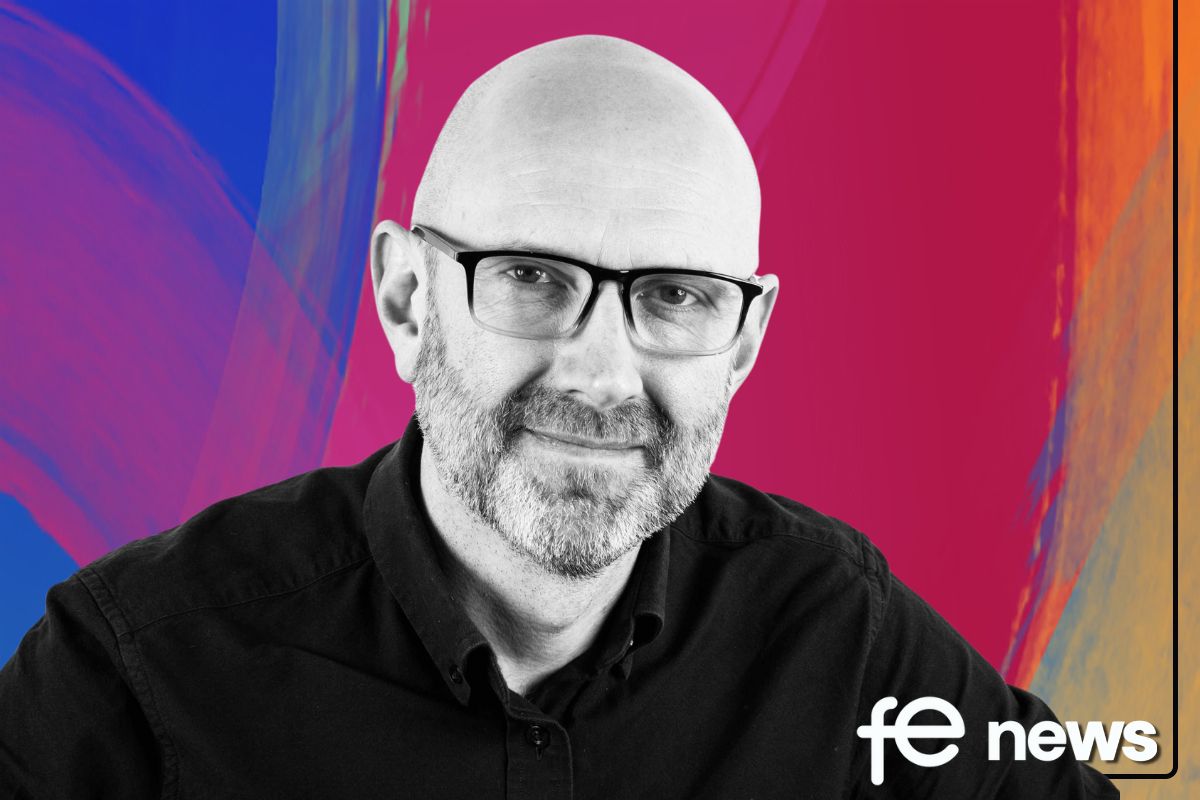
Responses